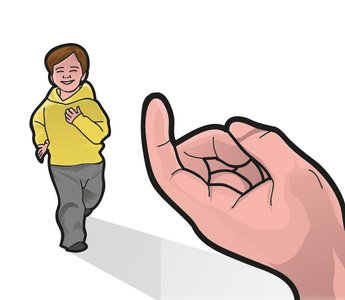
The verb come is one of the most common verbs used in English phrasal verbs. In these combinations, come usually keeps its core meaning of movement or arrival, but it often takes on additional shades of meaning depending on the particle it joins with.
Using come in phrasal verbs allows you to express ideas about meetings, discoveries, changes, or achievements. For example:
- come across – to find or meet by chance (I came across an old photo).
- come up with – to create or suggest an idea (She came up with a solution).
- come back – to return (He came back home late).
- come out – to be released or revealed (The book came out last year).
How to remember meanings
Think of come as “arrive / appear / happen,” and the particle adds a specific nuance (e.g. across = encounter, up with = create, back = return).
This page gives a complete list of phrasal verbs with come, their meanings, examples, and translations – helping learners understand English more naturally.
List of phrasal verbs with come
come across
to find something by chance
come across as
to give a particular impression (usually unintentionally)
come along
to go somewhere with someone
come back
return to a place
come by
to visit someone briefly
come down
to fall to the ground
come forward
to offer help or information
come in
to enter a place
come out
to appear or become visible or known
come over
to visit someone at their place
come up
to appear or be mentioned unexpectedly
come up with
to think of or produce (an idea, etc.)












